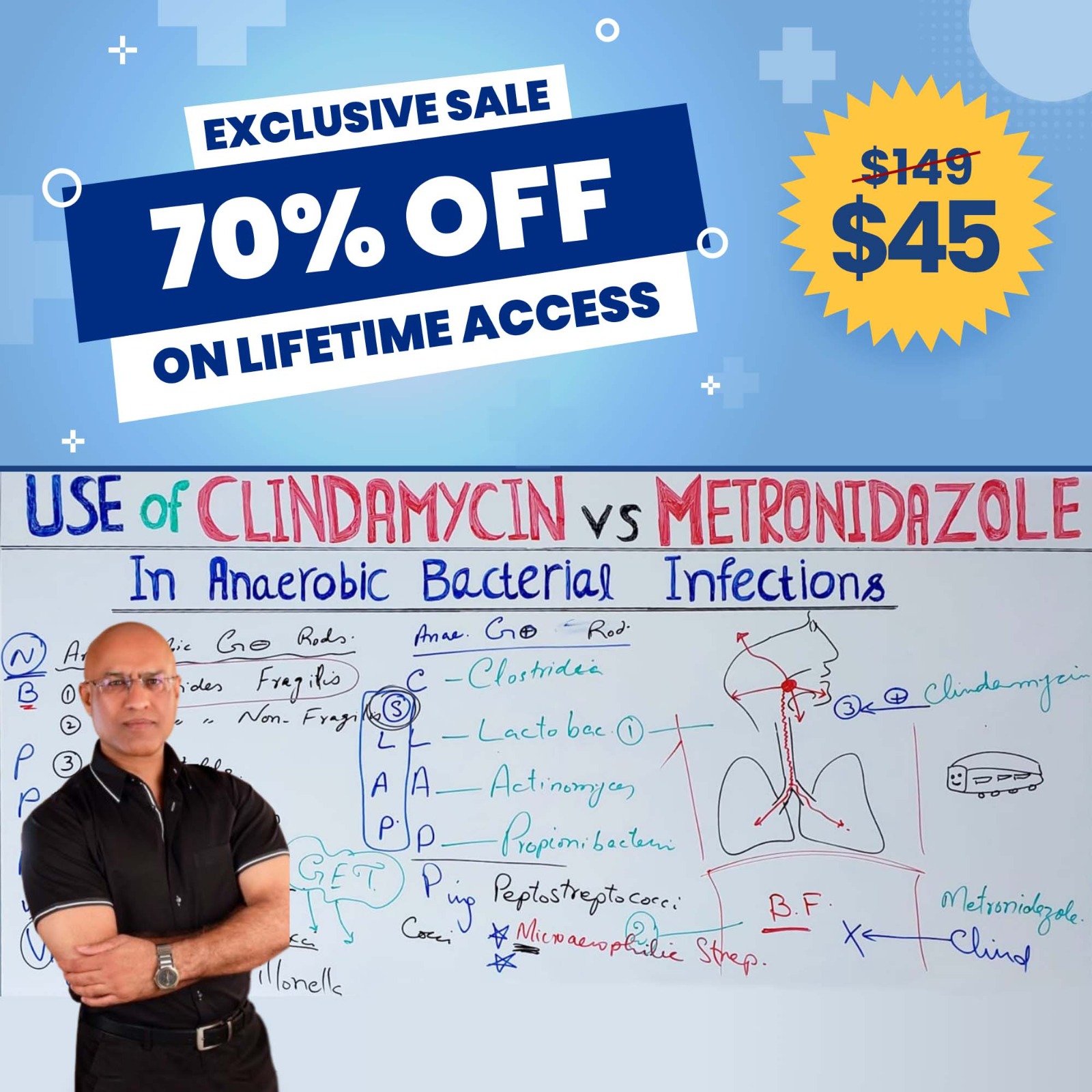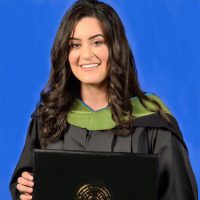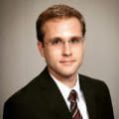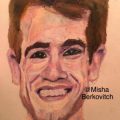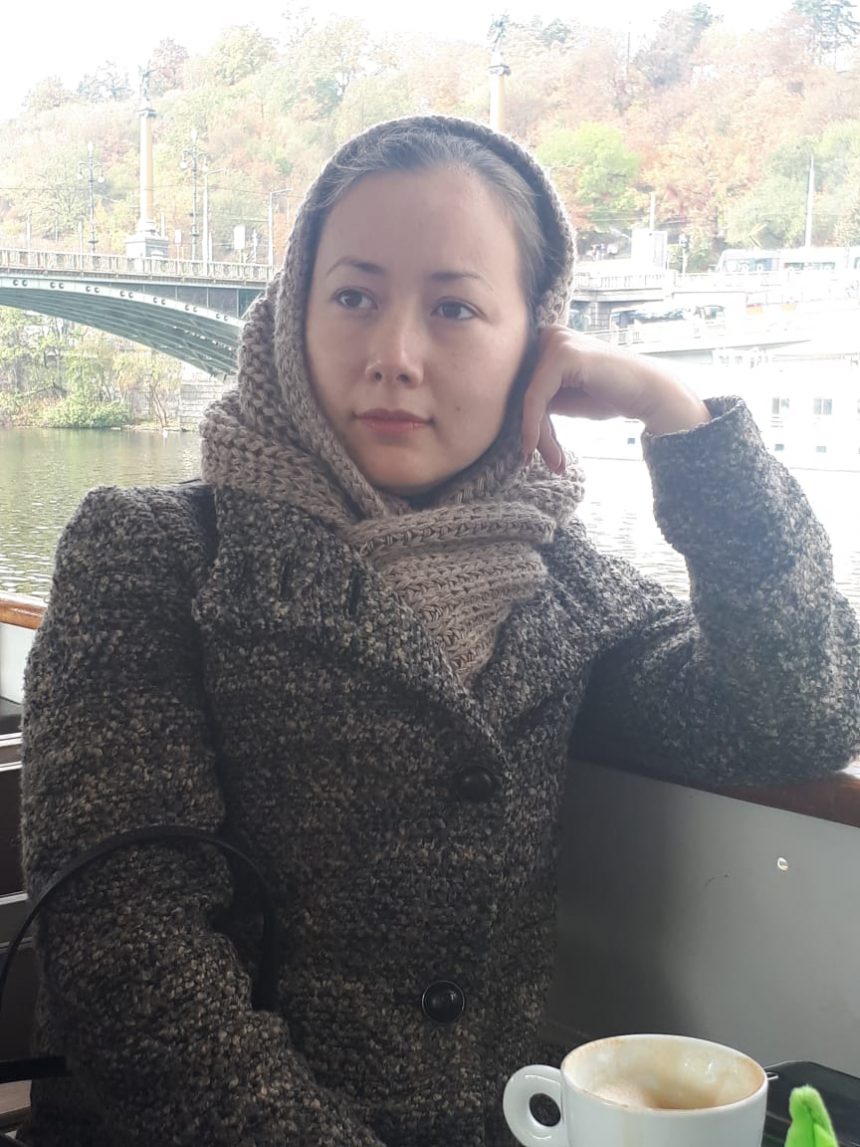About The Robert Larner College of Medicine
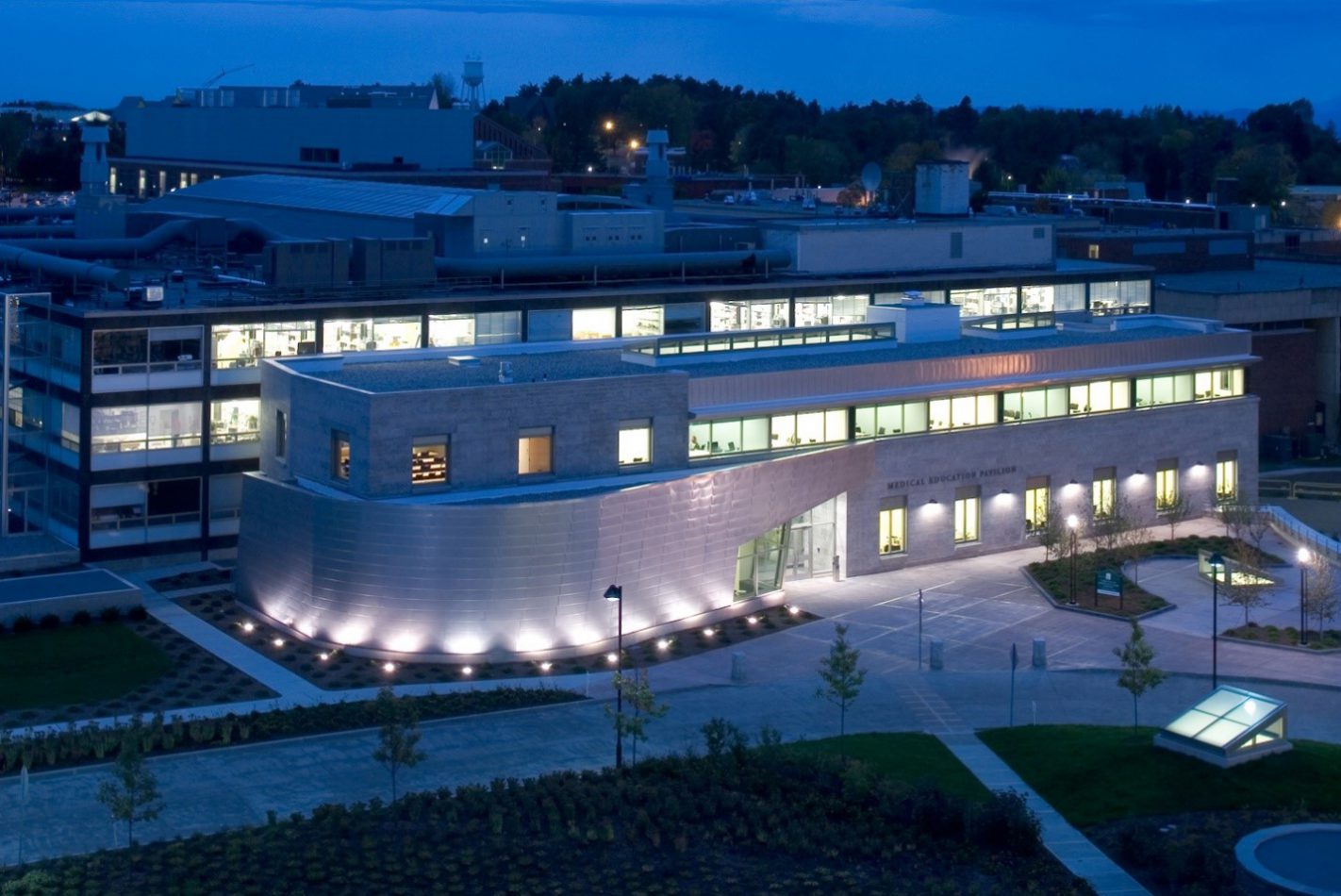
Historyof The Robert Larner College of Medicine
The Robert Larner College of Medicine (formerly the College of Medicine at the University of Vermont) is an American medical school based in Burlington, Vermont and affiliated with the University of Vermont. It was founded in 1822 and is the seventh oldest medical school in the country. The Larner College of Medicine’s main teaching hospital is the University of Vermont Medical Centre.
Mission
The mission of The Robert Larner, M.D. College of Medicine at the University of Vermont is to educate a diverse group of dedicated physicists and biomedical scientists to work across all medical disciplines; to bring hope to patients through study to advance medical knowledge. Integrating education and research to improve patient care quality and accessibility; and collaborating with our communities to support Vermont and the planet.
The Robert Larner College of Medicine Values
RESPECT:
To have respect for one another. Listening to each other, supporting each other and taking care of each other. The different viewpoints reinforce UVM.INTEGRITY:
To respect honesty, consistency of behavior, obedience to the truth and sincerity. To know when things have not worked out the way we had been hoping. To be honest and ethical in all roles as stewards of the University of Vermont.INNOVATION:
Being at the forefront of change and knowing that learning from successes and failures is the best way to lead, and keep growing. Looking ahead and breaking new ground in meeting important individual and societal needs.OPENNESS:
To promote the free exchange of information and ideas from across the world. To agree that everybody plays an important role in deciding the course and health of society through cooperation and involvement.JUSTICE:
To unite as a just society against all forms of oppression including, but not limited to, racism. UVM condemns racism, inequality, exploitation, and abuse and challenges every member of the community to injustice. Working actively to reduce disparities in health care as well as insurance barriers, and pushing for the provision of health care to all.RESPONSIBILITY:
UVM is responsible for the words and deeds in person and collectively. All of the students and staff are working together to maintain common ground.Statement on Diversity
At the University of Vermont, the Larner College of Medicine recognizes diversity as a catalyst for success. UVM actively seeks the diversity and inclusion of students, faculty, and staff within the academic community, as well as those supported by teaching, science, patient care, and community engagement. Recognizing Vermont’s minimal ethnic and racial diversity, UVM must actively seek students, faculty, and staff to build a more diverse academic community than the State population. The university believes the College’s ethnic and racial diversity is a strength in teaching, science, and patient care, and UVM aims to cultivate culturally competent students and graduates who represent and appreciate the increasingly diverse communities that they will serve here in Vermont, nationally, and around the world. Following the University of Vermont’s commitment to supporting the people of Vermont and the College of Medicine, the faculty aims to educate and provide physicians for the state of Vermont. UVM will strive to inspire Vermonters to pursue medical professions and to actively recruit and train Vermonters who are more likely to stay and practice in the state. In establishing clinical training sites outside Vermont, UVM seeks to provide opportunities for access to a workforce and patient populations that are more diverse than the state’s population. The college describes ethnic and racial diversity following the ALANA (African, Latino /an Asian and Native American) classification of the University of Vermont. The university embraces diversity in its broadest ways, encompassing and addressing facets not only of racial and ethnic diversity but also of gender, gender identity, sexual orientation, faith, belief, thought or ideology, disability, level of education, socioeconomic background, veteran status, and life experience. UVM aims to offer an education and a community that embraces and supports this greater diversity. The Common Ground at university is committed to building a culture that supports and encourages respect for each person, acknowledges and respects the diverse backgrounds. Since health cannot exist if fairness does not prevail, we are committed to expanding those ideas to the wider community by participating individually or collectively in promoting health equality and justice in the nation, state, country and world we live in.
The Robert Larner College of Medicine Admission
The Larner College of Medicine is here to help you achieve your dream of becoming a knowledgeable, compassionate, and excellent physician by partnering with teams who ensure the health and well-being of communities around the world. Going through the admissions process successfully, including the application and interview processes, ensures you, the Larner College of Medicine and the general public of your readiness begin training to become a physician. Full Secondary Program UVM Larner College of Medicine and Casper. An application fee must be charged at the time of delivery of the supplementary application. Exceptions are provided for those who have received an AAMC Charge Assistance Program fee waiver. The deadline to submit the supplementary request is December 15, 2019. Please note that the Admissions Office will be closed for winter breaks starting at midday on 23 December 2019 until 2 January 2020. It is the applicant’s responsibility to ensure that all materials are obtained within the time limit, as extensions cannot be given.
The Robert Larner College of Medicine Requirements
In their undergraduate years, students are encouraged to have a broad and balanced educational background. Apart from science courses, suggested fields of study include: literature, mathematics, behavioral sciences, history, philosophy, and the arts. Research at college will demonstrate intellectual ambition, independent thinking, curiosity, and self-discipline.
The Robert Larner College of Medicine Courses reqired
The coursework listed must include undergraduate studies of an applicant. UVM also strongly recommends one biochemical or molecular genetics lesson. If your learning institution has a specific sequence of courses, make your secondary application notice of that. You will complete all courses by July 1 of the year you expect to enroll. Official transcripts must be obtained upon the availability of the grade and no later than July 1. Failure to complete the document by this date will result in any acceptance or waitlist status being rescinded.
MCAT
All applicants are expected to do the Medical College Admission Test (MCAT). We will be accepting MCATs taken between January 1, 2017, and September 2020 for the 2020-2021 application cycle, with matriculation in 2021.
The Robert Larner College of Medicine Institutions
Courses are approved only from universities accredited in the United States or Canada by the National Committee of Local Accrediting Agencies. That would include community colleges, junior colleges, and coursework online. Advanced placement courses in high school will only be approved when credit appears on the application’s college transcript and the AMCAS transcript part. All requirements for undergraduate courses must usually be taken within the United States. Nevertheless, if you completed a graduate course in the U.S. and the final transcript stated that you already received credit for these non-U.S. students. Courses, UVM can recognize those.
Letter of Recommendation
The Larner College of Medicine is engaged in the letter service of AMCAS, and all letters should go through them. UVM needs a letter from the Committee or a letter packet if it is given by your college or university. In AMCAS, these combined letters count as one letter and meet the entire criteria. If your school has no counselor or committee, you must send three letters as follows: two letters from the science professors with whom you took classes, and one letter from the non-science professor with whom you took classes.
Required Courses
|
COURSES |
ACCEPTABLE COURSES |
|
Biology |
Anatomy and Physiology Cell Structure and Function General Biology Genetics Histology Microbiology Nervous System Upper-level Zoology
Non-Acceptable Courses Biochemistry Botany Ecology |
|
General Chemistry |
· General Chemistry · Physical Chemistry |
|
Organic Chemistry |
Biochemistry can be substituted for four of the eight credits |
|
Physics |
General Physics Physical Chemistry may be substituted depending on the material covered
|
Deadlines
|
June 1 |
AMCAS can be submitted |
|
May – December |
Register for and take CASPer |
|
July 17 |
LCOM Secondary invitations start |
|
July – February |
Completed applications are reviewed |
|
August – February |
LCOM Interview Season |
|
October – August |
Rolling admissions decisions |
|
November 1 |
Final date to submit AMCAS |
|
December 15 |
Final date to submit LCOM Secondary |
|
February 1 |
LCOM FAFSA Deadline |
|
February 15 |
Close of interview season |
|
April 30 |
Multiple acceptance drop day |
|
July 15 |
CYMS Commit to Enroll |
The Robert Larner College of Medicine Research
Research funding to the Larner College of Medicine ranges from $70-$90 million per year. Vermont is one of the top 10 states in federal research grants per capita. Scientists in laboratory, clinical, and community settings are working to bring a greater understanding of illness and health, as well as new, more effective treatments.
- Cancer ResearcCancer Research
- The Vermont Breast Cancer Surveillance System
- Vermont Cancer Center
- Cardiovascular Research
- Cardiovascular Research Institute
- Cardiovascular Pathology
- Coagulation Biology and Disease
- Leducq Small Vessel Disease
- Molecular Motors
- Translational Muscle Research
- Health Services Research and Education, Outcomes Research, and Quality Improvement
- Department of Medicine Quality Program
- General Internal Medicine Research
- Health Economics
- Office of Health Promotion Research
- Center for Health Services Research
- Public Psychiatry
- Vermont Child Health Improvement Program
- Vermont Oxford Network
- Immunobiology & Infectious Disease Research
- Department of Medicine Immunobiology Program
- Vaccine Testing Center
- Vermont Center for Immunology and Infectious Diseases
- Metabolic Research
- Department of Medicine, Endocrinology, Diabetes & Metabolism
- Neuroscience Research
- Clinical Neuroscience Research Unit
- Health Behavior Research Center (HBRC)
- MindBody Medicine Clinic
- Neuroscience Center of Biomedical Research Excellence
- Vermont Center on Behavior and Health
- Pulmonary & Environmental Disease Research
- Redox Biology Program
Research Areas
The Robert Larner College of Medicine Programs and Departments
- Acute Care Surgery
- Adolescent Care
- Anesthesiology
- Aquatic Physical Therapy
- Audiology
- Bariatric Surgery Program
- Bone & Soft Tissue Cancer Program
- Breast Care Center
- Breast Imaging
- Binter Center for Parkinson’s Disease & Movement Disorders
- Cancer Center
- Cancer Data Registry
- Cancer Rehabilitation
- Cardiac Rehabilitation
- Cardiology
- Cardiothoracic Surgery Program
- Case Management & Social Work
- Child Life Program
- Children’s Hospital
- Child Safe Program
- Clinical Ethics
- Clinical Health Psychology
- Colon and Rectal Surgery Program
- Community Health Improvement
- Community Health Team
- Compliance & Privacy
- Comprehensive Pain Program
- Continence Center
- Craniofacial Program
- Clinical Nutrition Program
- Dental and Oral Health
- Dermatology
- Developmental Pediatrics
- Diabetes Program
- Dining Services
- Driver Rehabilitation
- Ear, Nose & Throat (ENT)
- Emergency Room
- Emergency Services
- Endocrinology
- Endoscopy Clinic
- Fall Prevention
- Familial Cancer Program
- Family Medicine
- Fetal Diagnostic Center
- Foot-and-Ankle-Program
- Gastroenterology & Hepatology
- General Surgery Program
- Genomic Medicine
- Geriatric Psychiatry
- Gynecologic Cancer Program
- Gynecologic Infectious Disease Clinic
- Gynecology
- Pain Management
- Palliative Care
- Pathology & Laboratory Medicine and Test Catalog
- Patient & Family Advocacy
- Patient-Centered Medical Home
- Pediatric Cardiology
- Pediatric Diabetes (Endocrinology)
- Pediatric Ear, Nose & Throat (ENT)
- Pediatric Gastroenterology & Nutrition
- Pediatric Genetics
- Pediatric Gynecology
- Pediatric Hematology & Oncology
- Pediatric Hospital Medicine
- Pediatric Immunology
- Pediatric Infectious Disease
- Pediatric Intensive Care
- Pediatric MRI
- Pediatric Nephrology
- Pediatric Neurology
- Pediatric Neurosurgery
- Pediatric Orthopedics
- Pediatric Plastic Surgery
- Pediatric Psychiatry
- Pediatric Psychology
- Pediatric Pulmonology
- Pediatric Radiology
- Pediatric Rheumatology
- Pediatric Sedation Comfort Zone
- Pediatric Sleep Medicine
- Pediatric Surgery Program
- Pediatric Travel Medicine
- Pediatric Urology
- Pediatric Weight Management
- Pharmacy Services
- Physiatry
- Physical Therapy
- Plastic Surgery – Cosmetic
- Plastic Surgery – Reconstructive
- Preventive Cardiology
- Primary Care
- Primary Care Internal Medicine
- Primary Care Pediatricians
- Psychiatric Partial Hospitalization
- Psychological Services
- Psychotherapy
- Pulmonary Medicine
- Sleep Program
- Speech-Language Pathology
- Spina Bifida
- Spine Program
- Spiritual Care
- Sports Medicine
- Sports Rehabilitation
- Surgical Services
- The Division of Plastic, Reconstructive & Cosmetic Surgery
- Telemedicine
- Thrombosis & Hemostasis Program
- Transgender Youth Program
- Transplant Surgery Program
Sports Medicine
The team of sport medicine specialists has the highest level of experience in integrated sports medicine in the country. We can handle any sports injury, from sprains and strains to severe ACL injuries and beyond, as a trusted provider for the U.S. Ski Team. Sports medicine specialists are experts in their fields and are trained in the latest surgical and non-operative treatments for minor and complex sports injuries. UVM offers customized treatment plans to alleviate pain and help you recover function, flexibility, and strength so you can return to the things that you enjoy most. Whether you’re a fighter at the weekend or a serious competitor, we’ll help you get back into the game.
- Achilles tendon tears
- ACL and PCL injuries
- Ankle injury
- Dislocation
- Fractures
- Hamstring injuries
- Knee ligament, meniscus, and cartilage injuries
- Pulled Groin
- Repetitive motion injuries, such as golfer’s elbow or tennis elbow
- Runner’s knee or jumper’s knee
- Shin pain
- Shoulder dislocation and rotator cuff injury
- Sprains and muscle strains
- ACL Reconstruction and Revision Surgery
- Cartilage Repair
- Clavicle Fractures
- Concussion Management
- Injections of the Knee, Shoulder, Hip, Ankle, Elbow and Wrist
- Knee Arthritis
- Knee Dislocation Repair
- Knee Ligament Sprain Repair
- Meniscal Repair and Transplantation
- Multi-ligament Knee Injuries
- Occupational therapy
- PCL Reconstruction
- Platelet-rich plasma (PRP) injection
- Physical therapy
- Repair of Patellar Dislocation and Instability
- Rotator Cuff Tears
- Rotator Cuff Tendinosis
- Shoulder Arthritis, Fractures and Instability
- Shoulder Impingement Syndrome
- Sports Rehabilitation
Sports Injuries that are Treated
Sports Medicine Treatment Offered
The Robert Larner College of Medicine Dining Facilities
You may not expect to be able to order fresh, organic and local food when you want it to be delivered by room service when you come to the hospital. Food matters at the University of Vermont Medical Center, for patients ‘ safety, and the culture.
- The Garden Atrium
- Main Street Café
- Harvest Café
- Café Express
Handy Tips for Good Performance in Medical College
Believe in Yourself
To believe in yourself you must first believe that you can do what you want. Scientists used to assume that the outside world was reacting to information flowing into the brain. Yet what we now learn, however, is that we are reacting to what the brain expects to happen next — based on previous experience. Success is all about making the most of what you’ve got. Performance is perseverance in the face of difficulty, it means rising to the task and pushing through when times are tough. A positive attitude is a key ingredient in University success. A positive attitude is a key ingredient in University success. Taking responsibility for making things happen, taking tasks through, and staying focused on your goals will all lead to success.
Listen Actively in Class
Taking notes from a lecture is a thought-out operation. Good listening involves paying attention, maintaining an interest in hearing the lecture and preventing the speaker’s premature judgment. Pay particular attention to the lecture’s beginnings and ends to gain a better understanding of its structure and key points, then summarize and predict the lecture’s course. Evaluate the ideas you hear, select important recording information and ask questions about what you are hearing. Evite the passive listener method of trying to “get it all” instead, listen to main ideas, key details and transitional phrases that contribute to the lecture’s structure and emphasis.
Don’t Hesitate to Ask for Help
If you ever feel overworked, stressed or just in need of advice or a friendly ear, your university likely has a plethora of resources on campus. Feel like you need help managing a heavy workload? Head to your university’s Student Success Centre or student’s union or make an appointment with an academic guidance counselor to search for help. Did you feel homesick, and burnt out? Don’t be afraid to reach out for advice to people you trust or to the student health services at your university. Mental health issues are becoming more common in students in particular, and nobody should be afraid to talk about them. Fortunately, society is slowly losing the stigma toward mental ill-health and steadily becoming aware of the importance of addressing campus mental health issues. There’s no shame in admitting you’re having a tough time and asking for help–sometimes all of us do and you’re not alone. Your physical and emotional wellbeing is so crucial to keep you on your feet and going forward so you can enjoy your university years to the maximum.
Dr. Najeeb’s Lectures
Medicine is one of the most complex and time-consuming fields of study. Only the genuinely cautious and the extremely committed still dream to consider a career in medicine. Medicine is rightly described as a hard field because a person’s life can rely on your learning and performance skills and abilities. University is a place to learn and research, but also a refuge for so much more. This is your last shelter before getting into the real world. It is the last place you’re in, testing your limits to define your passion, and pursuing your dreams. It is through this complex process that you emerge victorious and ready to face the world, which isn’t just academic. While the study can get tough and frustrating at university, especially through medicine. Though it is possible to manage one’s social life, one’s academic life may often fall behind. The complex formulas and theories, the many hours’ input and perseverance are needed. But this is not a cause for concern or disappointment, because there is a way of enjoying a completely fantastic social life and not having to fall back into your academic life. The solution comes in the form of very precise and focused studies. These clearly explained theorems and insightful lectures promoting existence so much. “Dr. Najeeb’s Lectures are world-renowned for their efficacy and usefulness. Dr. Najeeb’s Lectures are the world’s most popular medical Lectures, covering all the topics of Gross Anatomy, Neuro-anatomy, Embryology, Histology, Physiology, Biochemistry, Genetics, Pharmacology, Microbiology, Immunology, and Pathology. They are video lectures that cover almost all the topics in the current medical curriculum of most medical colleges. They contain visualization of what you study in your books. The hand-drawn illustrations in these lectures make it very easy to grasp the concepts. Furthermore, one can get lifetime access to these lectures and even download the app to avail them anytime, anywhere.
For more information you can visit their website.

